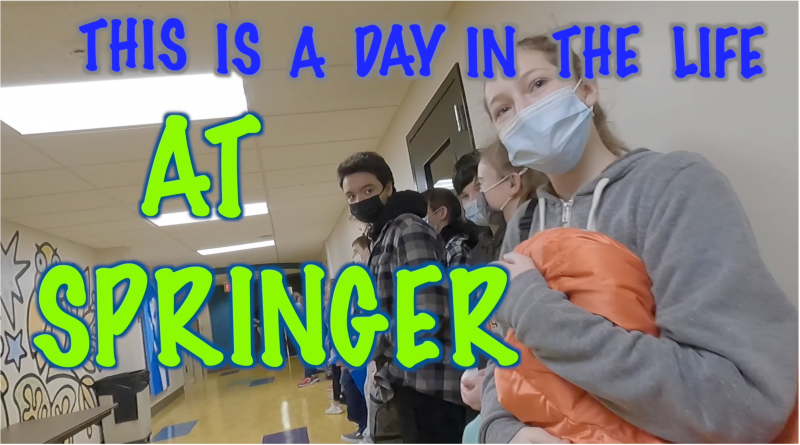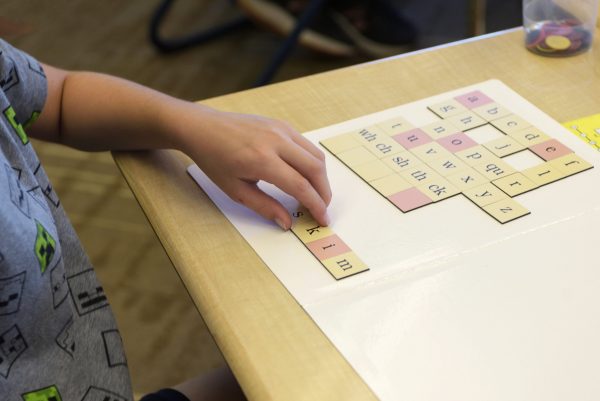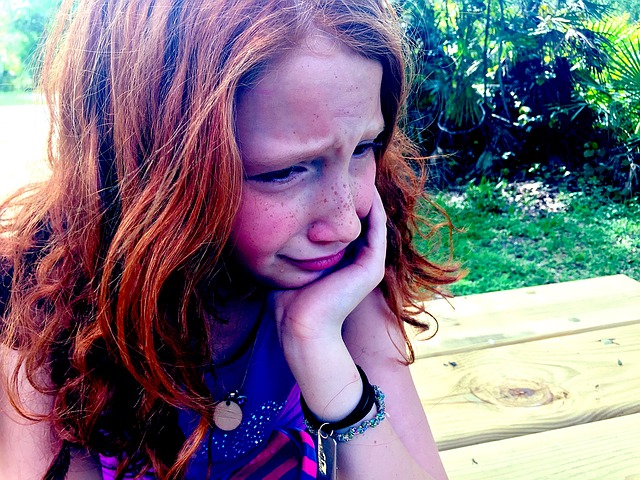
A Day in the Life
July 11, 2024
Structured Literacy
July 25, 2024
Tantrums and meltdowns are common in toddlers and even in preschool, but what about when your child continues to melt down at the drop of a hat beyond that age?
Some children have a difficult time developing self-regulation skills – the ability to manage emotions and behavior. They often have strong emotional reactions to something upsetting, more so than other children their same age, and they have a difficult time calming down. This inability to manage emotions is typically due to the child’s innate temperament and personality characteristics and often occurs in children with ADHD.
In order to help a child learn better self-regulation skills, we must first think of it like any other skill—one that needs to be taught and practiced. While you may rightly become irritated with your child’s frequent meltdowns and tantrums, know that it is typically not just bad behavior. A child lacking self-regulation skills is similar to a child struggling with reading; each child needs these skills to be directly taught and practiced over a long period of time.
The other thing to think about when tackling self-regulation is to consider whether your child gets agitated when there is a change in routine or in situations that lack structure. Sometimes children with ADHD can struggle with flexibility, and an unexpected change can cause a child to boil over. Here are some strategies that might help:
- Set your child up for success. If your child has triggers, such as changes in routine or going to bed, providing warnings five or ten minutes ahead of the transition can help your child mentally prepare. In addition, keeping a calendar of events and reviewing it regularly with your child, especially if there is a special event, will allow your child time to change his expectations.
- Discuss the situation with your child. Children can provide a wealth of insight into their own behavior if they are asked. At a later time, when the child has calmed down, ask her what upset her. Then ask your child if she has ideas of how you can help if that same situation occurs again: “How can I help you stay calm if your sister takes your shirt without asking again?” Sometimes the information that children provide to us is more perceptive than we thought it could be.
- Provide your child with coping skills. Present him with options for coping, such as taking a break in his room, reading a book, listening to music, exercising, drawing or hitting a pillow. Discuss what you like to do when you are upset, and ask him what he wants to try. Then you can prompt him to try his coping skills the next time you see signs that he is starting to lose control.
- Model the use of coping skills. When you are upset, talk aloud and tell your child what you are going to do because you are upset. Often children think that parents do not using coping skills because they cannot see or hear this process, but they sure can see and hear loud and clear when our coping skills do not work! Make your calming techniques visible for your child by pointing out when you are using them.

- Read books that illustrate coping skills. Many books have characters that get upset because of some problem. Keep an eye out for these characters, and talk with your child about how the character solved his problem. Sometimes hearing a topic through a book or story helps ideas become more concrete for children. In addition, there are great books by the author Dawn Huebner that can help you start this conversation with your child: What to Do Guides for Kids.
- Seek professional help. If you have tried all of the strategies above and still feel that your child is struggling, you may want to consider consulting with a psychologist. Cognitive behavioral therapy is a method that many therapists and counselors use to help children struggling with self-regulation. Sometimes pointers from a professional can really help.
If you have questions, please contact Director of Learning Programs Carmen Mendoza at .



